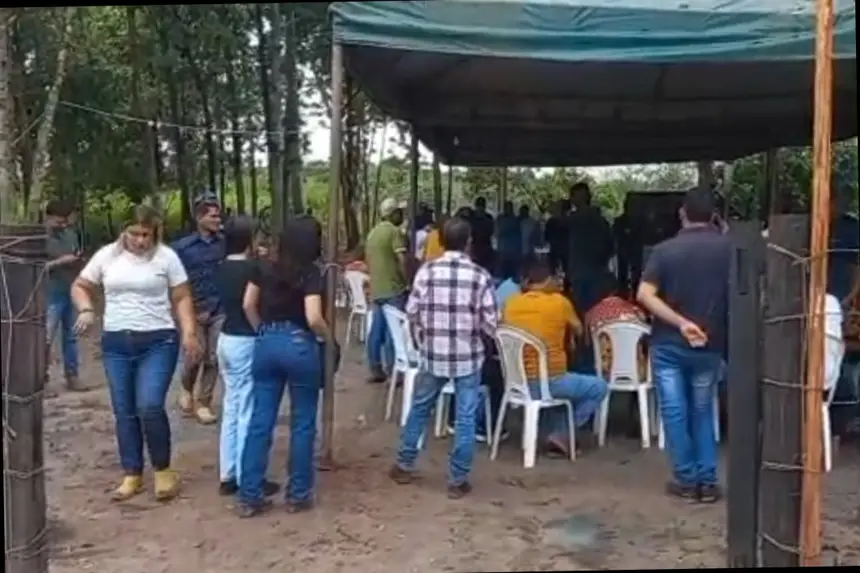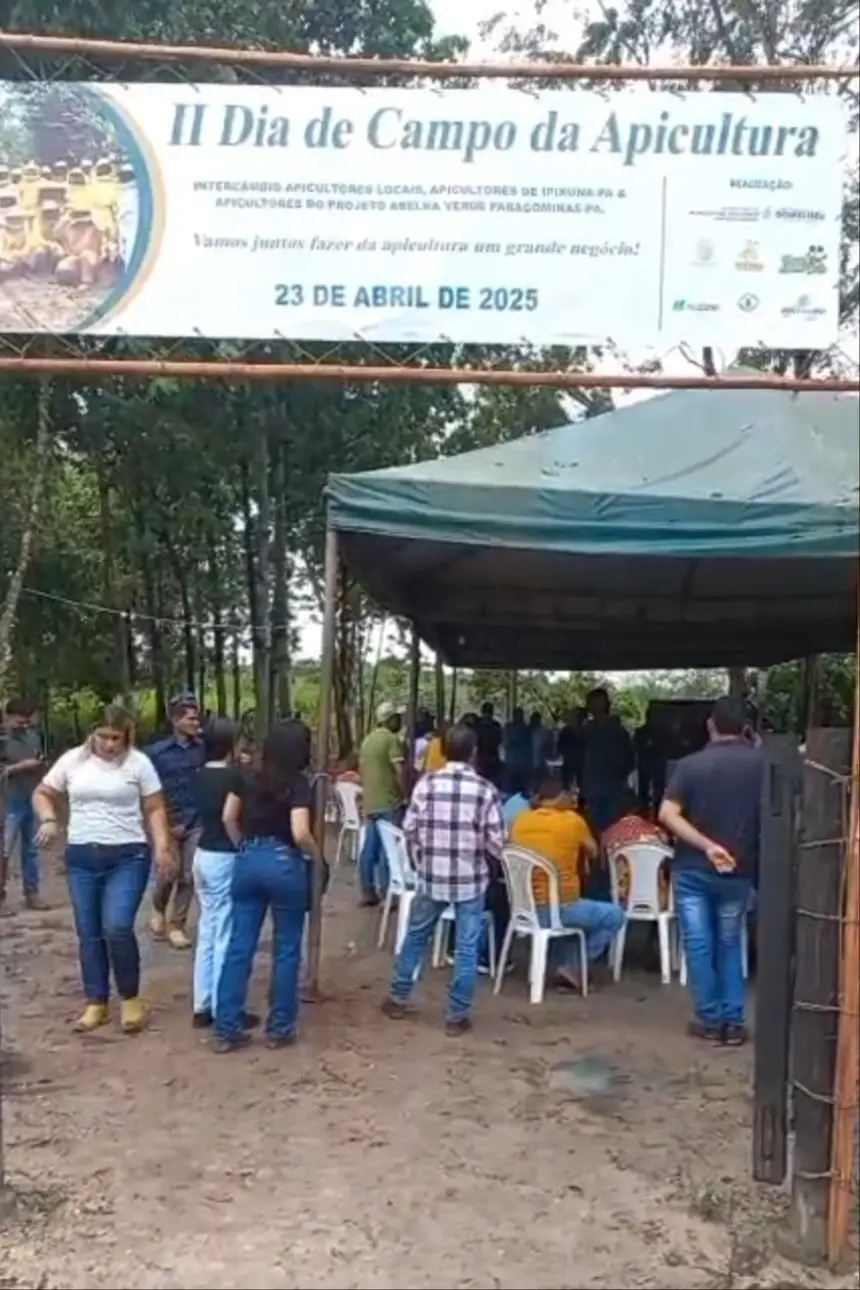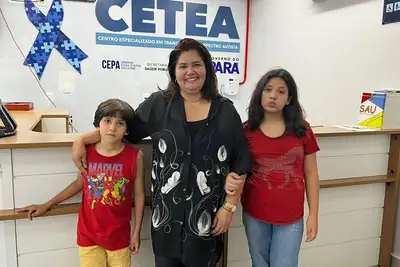Emater encourages beekeeping in Dom Eliseu
The work focuses on good management practices for the expansion of the production chain
In Dom Eliseu, in the southeast of Pará, a municipality with a strong tradition in livestock, the local office of the Technical Assistance and Rural Extension Company of Pará (Emater) has been highlighting beekeeping as an alternative source of income and food security for small farmers.
One of the focal points of this process is Vila Nazaré, where for about a decade at least 15 families have been directly involved in the breeding of honeybees (Apis mellifera).
The honey, packaged in a community processing unit, even supplies school meals through the National School Feeding Program (Pnae). A portion is also directed to charitable organizations, within the context of the Food Acquisition Program (PAA), by the National Supply Company (Conab).
“Considering the intensive support from the City Hall, the profit for producers is up to 65% - that is, a profitable activity that requires low cost. It is worth noting that we pay special attention to the communities further away from the municipal seat, which have more difficulty in marketing, given that honey is a product with a different durability and good storage,” explains the head of the local Emater office, Raimundo Salazar, an agricultural technician.
Field Day
This semester, at the end of April, public policy agents, specialists from the beekeeping sector, and farmers interested in beekeeping from both Dom Eliseu and the municipalities of Ipixuna do Pará and Paragominas held a meeting in Dom Eliseu, at the II Beekeeping Field Day, in Vila Nazaré. The event organized by Emater, in partnership with the City Hall and other institutions, brought together families from the neighboring communities of Alto Bonito, Nova Esperança, and União for an exchange and alignment on practices such as management and preparation of hives for the expansion of the production chain.
Text by Aline Miranda











